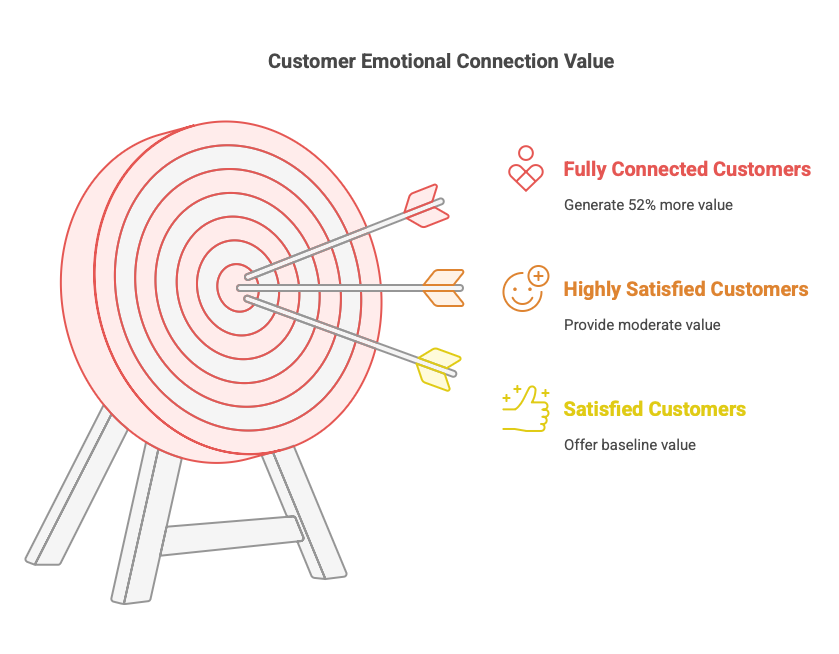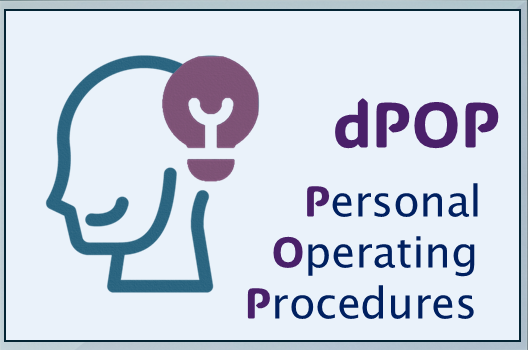When dealing with people, remember you are not dealing with creatures of logic, but creatures of emotion. -Dale Carnegie
During a recent webinar on customer loyalty, I was reminded of a story from an old hotel colleague about his innate understanding of loyalty.
He grew up in a farmhouse B and B where his father made sure everything was sufficient and not extravagant, and those staying were treated as customers rather than guests.
By contrast, his aunt had been a hairdresser and married into a B and B outside town. She was a welcoming Bean a Ti who quickly learned the value of kindness and courtesy. She treated people as guests and always gave them a pack of sandwiches and a bottle of 7up for the journey home. She took a photo of each family during their stay and sent it in a Christmas card each year. She ended up with a network of friends and her business blossomed because of the number of referrals she got. She built on more rooms, including a comfortable lounge area, and eventually her season stretched from Patrick’s Day to Halloween.
This is a good example of the difference between Rational loyalty and Emotional loyalty.
Rational loyalty appears to be the primary driver in our decision making process and covers areas such as pricing, convenience, reliability, accessibility and practicality.
However, Emotional loyalty manifests itself in the strong emotional bonds we attach to people, brands, products, or providers.
Many of us would not describe our decision to purchase from a specific brand in overly expressive terms but according to a study published by Harvard Business School, 95% of our purchase decisions occur subconsciously.
Emotional loyalty is a more significant dimension in retaining loyalty over the long-term, and if we want to influence consumers’ subconscious buying decisions, we must recognise customers’ purchasing decisions are triggered by emotions.
This requires us to craft more experiential and authentic engagements with our customer.
Thus, a hotel that constantly delivers on the brand promise and where guests know their expectations will be met will generate a large number of loyal customers.
This can be done by meeting the primary needs of Rational Loyalty and then putting major focus on the key areas of Emotional Loyalty:
- Providing consistent quality
- A personalised service
- Responsive communications to all queries
- Building and developing relationships with the guest
- Creating unique experiences for the guests
Your hotel can increase Emotional loyalty, firstly, by providing exceptional service and then focusing on creating a personalised and unique experience that fully connects with guests.
And the reward for all this?
The Harvard Business Review reports:
Customers who feel a genuine emotional connection with a particular brand generate disproportionate value for that brand. Those who are ‘fully connected’ emotionally are 52% more valuable to brands than customers who are ‘highly satisfied’,


